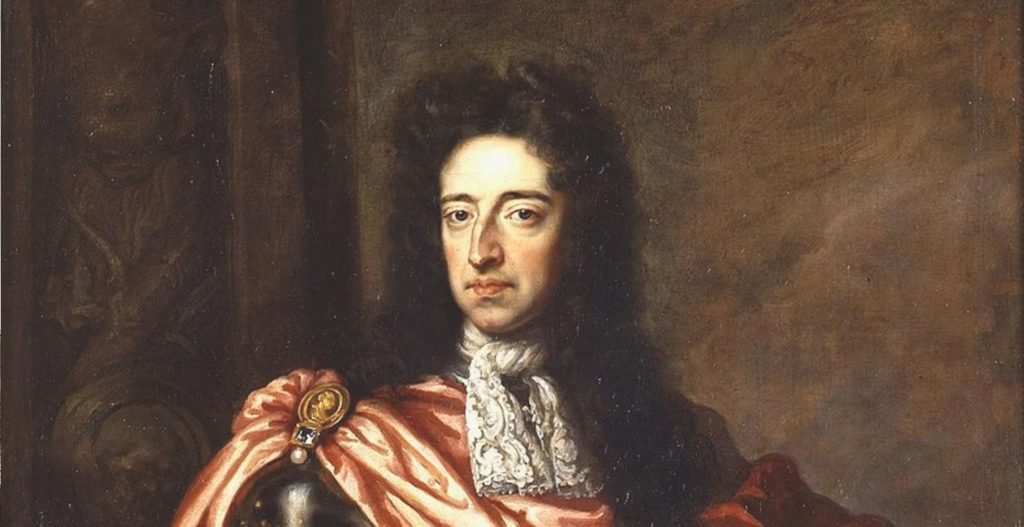The History of Gin and Its Evolution Over Time
We at Gin Fest Co love gin and are fascinated by the origin and history of different distilling methods, flavours and stories behind each bottle of gin.
Gin is a popular alcoholic beverage that has a rich and fascinating history. The origin of gin starts during the 16th century, the Dutch were renowned for their expertise in distillation. Juniper berries were used as the main ingredient in a medicinal tonic that they called "genever". Genever was used to treat various ailments and to calm soldiers before battles, creating the term "Dutch Courage".
As its popularity grew, genever was exported to England, where it became known as "Gin". The influx of gin in England was mainly due to the influence of William Of Orange, a Dutch prince who became King of England in 1689. He brought a love of gin and introduced it to the English as a recreational drink.
The popularity of gin snowballed during this time, especially among the working class, who found it an affordable alternative to beer and wine. However, this "Gin Craze" soon became a concern for the English government, which responded by introducing a series of laws around the production of gin to stop the rise of crime and disorder.
It was in the 19th century that gin started to be produced again on a large scale. Gin began to be made more effectively and at a lower cost. This new distilling method led to an increase in quality and popularity in England.
Gin continued to evolve, with new brands and flavours being introduced to the British public. Gin-based cocktails became very popular, with classics such as the Martini and the Gin and Tonic becoming household names.
Today, gin is produced worldwide, and it is still being evolved to this day with the inclusion of new botanicals and twists on this famous spirit.


